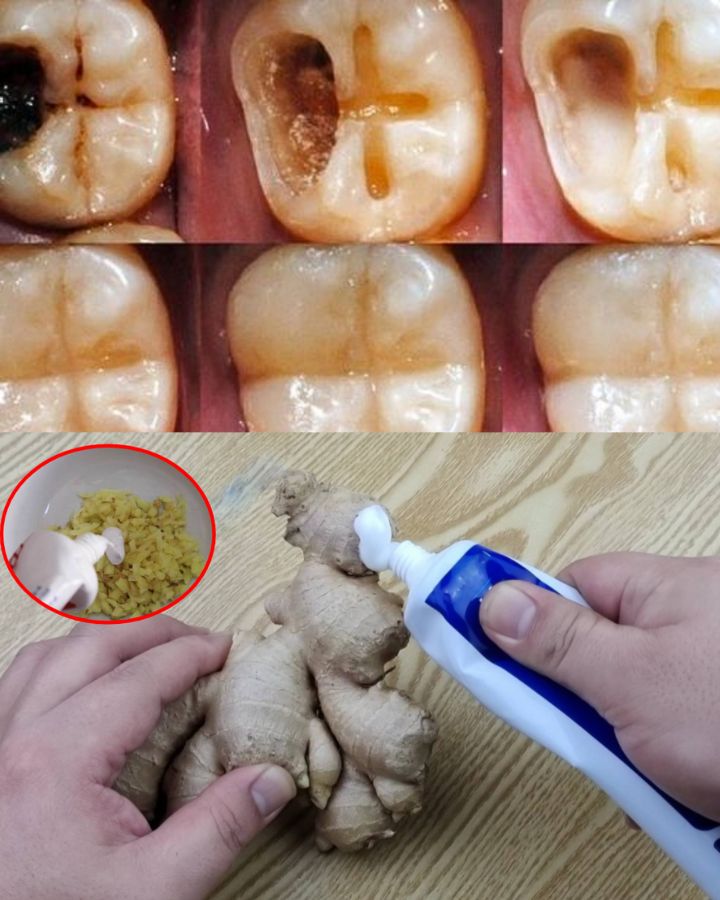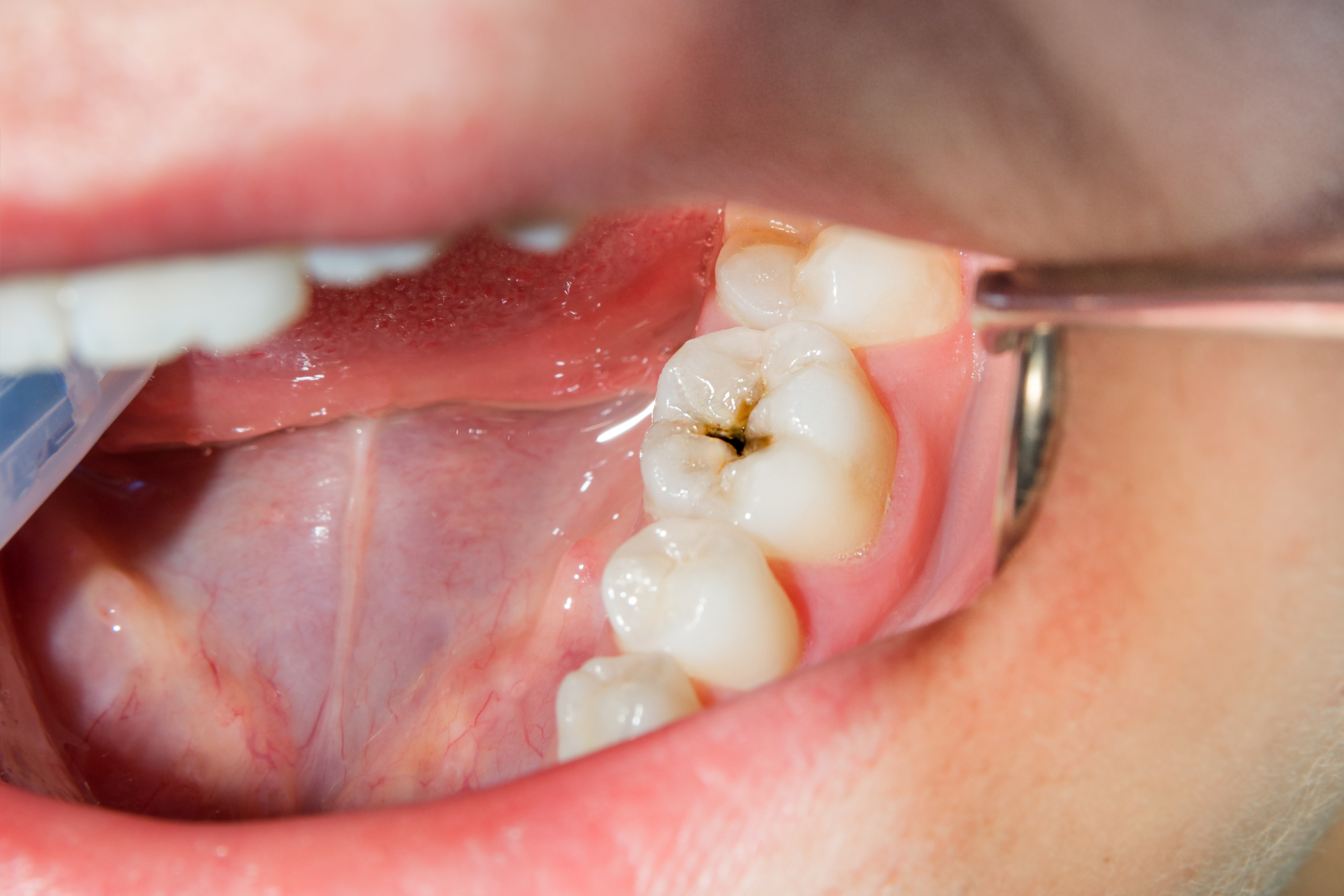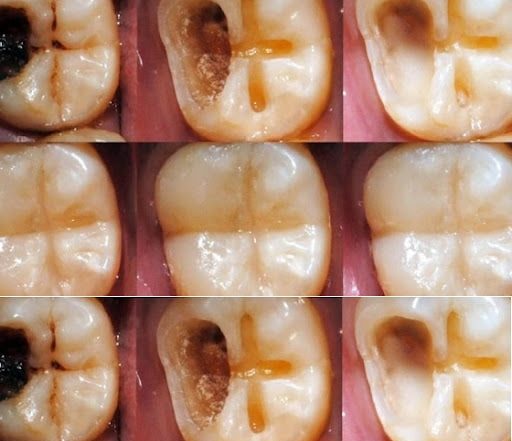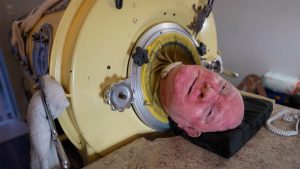
Maintaining good oral health is essential not only for your smile but also for your overall well-being. While modern dentistry offers highly effective solutions for treating cavities, many people are interested in how natural methods may support oral hygiene and potentially help prevent the early stages of tooth decay.
However, it’s important to clarify one crucial fact from the start: once a cavity has fully formed, it cannot be reversed or repaired naturally at home. According to the American Dental Association (ADA), cavities are a form of permanent tooth damage that typically require treatment such as a dental filling, crown, or in more severe cases, a root canal.¹
That said, in the very early stages of tooth decay, when enamel is just beginning to weaken (a process known as demineralization), there may be steps you can take to support your body’s natural remineralization process and reduce the likelihood of further damage.
Understanding What Cavities Really Are
Cavities, or dental caries, form when bacteria in your mouth produce acids that erode the tooth enamel—the hard, protective outer layer of your teeth. If left unchecked, this erosion can progress deeper into the tooth, leading to pain, sensitivity, and infection.
Several factors contribute to the development of cavities:
- Poor oral hygiene
- Frequent consumption of sugary or acidic foods and drinks
- Lack of fluoride
- Dry mouth
- A diet low in essential nutrients
- Genetics and underlying health conditions
According to the Centers for Disease Control and Prevention (CDC), more than 90% of adults over age 20 have had at least one cavity in their lifetime.²

Can You Naturally Repair a Cavity?
The short answer is no, you cannot “repair” a fully developed cavity naturally. However, in the earliest stage of decay, before a hole or structural damage forms, remineralization of the enamel is possible with proper care.
Remineralization is the process of restoring minerals like calcium and phosphate to the enamel. This can help halt or even reverse early enamel erosion—but only when decay hasn’t progressed into an actual cavity.³
Here’s how you can support remineralization and maintain better oral health naturally:
1. Focus on a Nutrient-Rich Diet
Nutrition plays a vital role in oral health. Certain vitamins and minerals help strengthen your teeth and support enamel integrity.
Key nutrients include:
- Calcium – Found in dairy products like milk, yogurt, and cheese, as well as leafy greens and fortified plant milks.
- Phosphorus – Found in meat, dairy, nuts, and whole grains.
- Vitamin D – Enhances calcium absorption; available from sunlight, fatty fish, and fortified foods.
- Magnesium – Found in nuts, seeds, bananas, and whole grains.
A well-balanced diet that includes these nutrients supports the body’s ability to maintain strong teeth.

2. Reduce Sugar and Starch Intake
The bacteria that cause tooth decay thrive on sugary and starchy foods. When you eat foods high in sugar or refined carbohydrates, bacteria feed on the sugar and produce acid, which wears away the enamel.
To reduce your risk of decay:
- Limit sugary drinks such as soda, energy drinks, and sweetened teas.
- Choose whole, unprocessed foods over refined snacks.
- Try to consume sugary or acidic foods only during meals, when saliva production (which helps neutralize acid) is higher.
According to the World Health Organization (WHO), reducing free sugar intake to below 10% of total energy consumption is associated with lower risk of dental caries.⁴
3. Stay Hydrated and Stimulate Saliva Flow
Saliva plays a key role in neutralizing acid, washing away food particles, and supplying minerals like calcium and phosphate that promote remineralization.
- Drink plenty of water, especially fluoridated tap water if available.
- Chew sugar-free gum to increase saliva flow.
- Avoid alcohol and caffeine, which can contribute to dry mouth.
Saliva is your body’s natural defense against decay, and promoting healthy flow is critical to oral protection.

4. Practice Excellent Oral Hygiene
Routine oral care is essential for preventing cavities and supporting enamel remineralization.
Follow these dentist-recommended practices:
- Brush twice a day with fluoride toothpaste for two minutes.
- Floss daily to remove plaque and food between teeth.
- Consider using a fluoride mouthwash for added protection.
- Avoid brushing too hard, which can erode enamel and damage gums.
Fluoride is key here—it binds to tooth enamel and makes it more resistant to acid attacks. The ADA and National Institute of Dental and Craniofacial Research (NIDCR) both recommend fluoride use as a cornerstone of cavity prevention.⁵
5. Avoid Foods High in Phytic Acid (In Excess)
Phytic acid, found in grains, legumes, and seeds, can inhibit mineral absorption, which may impact the availability of calcium and other minerals needed for healthy teeth.
This doesn’t mean you need to cut out these foods entirely—many are highly nutritious—but soaking, sprouting, or fermenting them can reduce phytic acid content and improve nutrient absorption.

6. Schedule Regular Dental Check-Ups
Even if you follow all of the above tips, only a licensed dentist can detect and treat cavities, especially those that form in areas that are difficult to see.
Regular dental visits allow for:
- Early detection of enamel erosion
- Professional cleanings to remove plaque and tartar
- Discussion of fluoride treatments or sealants if needed
Most dental professionals recommend visiting the dentist every six months, though your schedule may vary based on personal needs.
![]()
Final Thoughts: Prevention Is the Best Treatment
While there’s no proven way to “heal” a cavity at home, the good news is that with the right habits, you can:
- Prevent cavities from forming
- Slow or stop early enamel erosion
- Support your body’s natural defenses
By focusing on a nutrient-dense diet, limiting sugar and starches, practicing excellent oral hygiene, and scheduling regular dental check-ups, you can take control of your oral health and reduce your risk of future dental issues.
If you ever suspect you have a cavity—whether it’s sensitivity, pain, or visible damage—don’t delay seeking professional dental care. The earlier you catch and treat a problem, the more likely you are to preserve your tooth and avoid more complex treatments down the road.



